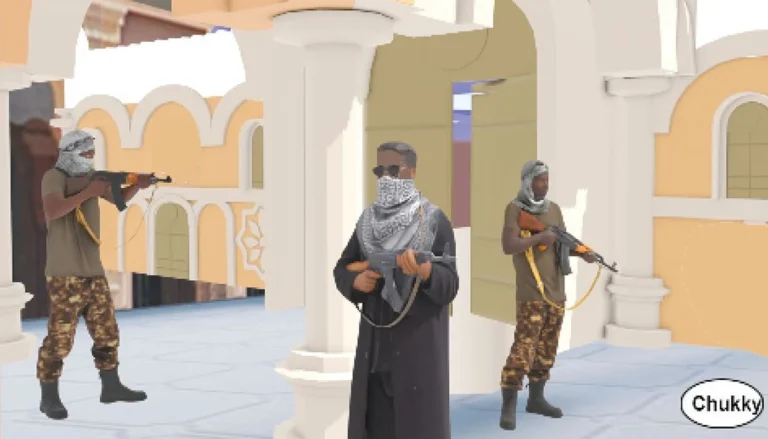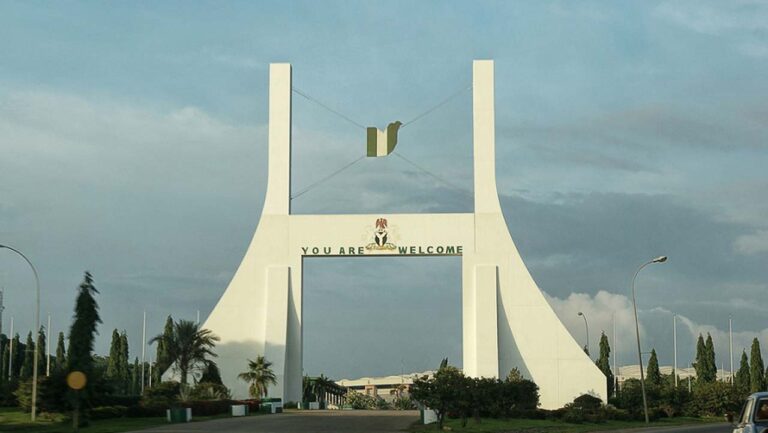
Rising security concerns in the Sahel region have sparked tension after reports emerged that Chad has temporarily closed its border with Nigeria, citing intelligence about a possible security threat linked to U.S. operations in West Africa.
According to regional sources and local media reports, the Chadian government allegedly ordered heightened surveillance and restricted movement across its western borders, particularly the routes connecting Borno State in Nigeria and Lac Province in Chad. The move reportedly follows speculative warnings of potential militant activity linked to increased U.S. counterterrorism involvement in the region.
Diplomatic Ripples in Abuja
In Abuja, Nigeria’s Ministry of Foreign Affairs has yet to issue an official statement, but diplomatic insiders suggest that consultations are underway with Chadian authorities to clarify the nature and duration of the border closure.
A senior security analyst in Abuja told Abuja Affairs that the development “reflects the fragile trust and heightened caution among Sahel states amid growing geopolitical tension involving external actors.”
“What we’re seeing is a reflection of overlapping crises — from terrorism to misinformation,” the analyst said. “Nigeria and Chad both face shared security challenges, and any perceived foreign interference can trigger quick defensive measures.”
Regional Impact
The closure, if confirmed, could disrupt cross-border trade and humanitarian movements in the Lake Chad Basin, an area already strained by insurgent activity and economic hardship.
Observers warn that prolonged restrictions could worsen food supply chains and security coordination between the Multinational Joint Task Force (MNJTF) partners — Nigeria, Chad, Niger, and Cameroon.
U.S. Factor and Speculation
The reported U.S. link remains unverified. American officials have not commented on any operational or intelligence-based activities in Chad or Nigeria. However, analysts note that rumors of U.S. troop repositioning and intelligence cooperation in the Sahel have fueled speculation across the region.
Looking Ahead
As both nations navigate the unfolding situation, calls are growing for transparency, diplomacy, and coordinated communication to prevent misinformation from escalating regional instability.
The coming days are expected to reveal whether the closure was a temporary precaution or part of a broader security realignment in West Africa’s complex geopolitical landscape.





